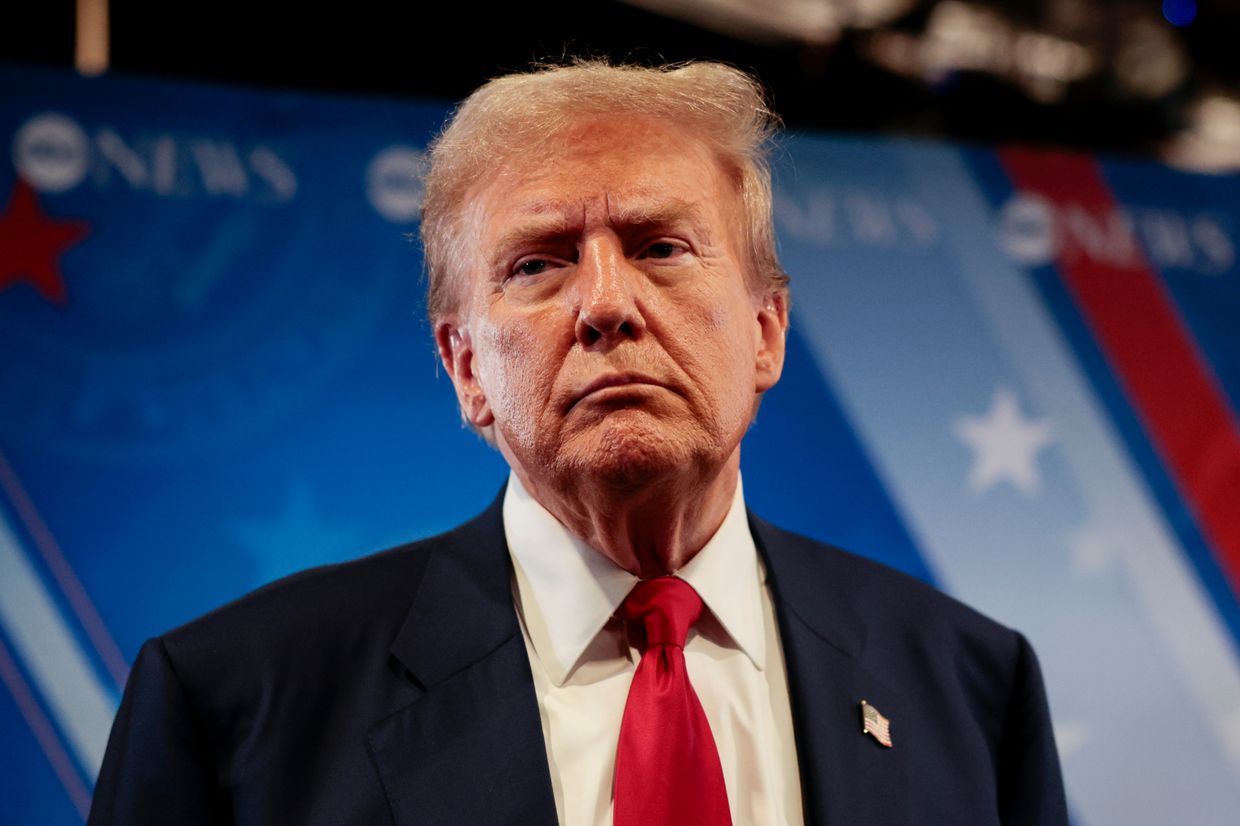EU vows retaliatory measures as Trump set to announce 25% tariffs on steel, aluminum

The European Commission on Feb. 10 threatened retaliatory measures if U.S. President Donald Trump goes forward with his plan to impose a 25% tariff on all steel and aluminum imports.
Trump said on Feb. 9 that Washington would announce tariffs on steel and aluminum imports into the U.S. later this week.
The EU's executive arm commented that it had "not received any official notification regarding the imposition of additional tariffs on EU goods" but said it would "react to protect the interests of European businesses, workers and consumers from unjustified measures."
The European Commission criticized the decision as "unlawful and economically counterproductive," arguing that the deeply integrated supply chains between the EU and the U.S. would suffer under such restrictions.
The dispute over tariffs dates back to Trump's first term when his administration imposed duties on nearly $7 billion worth of European steel and aluminum exports in 2018, citing national security concerns. The EU retaliated with tariffs on American goods.
A temporary truce was reached in 2021 under the Biden administration, with the U.S. partially lifting the tariffs and replacing them with a quota system. In exchange, the EU froze its countermeasures. Trump's latest move threatens to reignite the trade dispute.
French President Emmanuel Macron warned that tariffs on EU goods could backfire on the U.S. economy by driving inflation. In an interview with CNN, Macron urged Washington to focus on confronting China, managing the Middle East crisis, and supporting Ukraine rather than engaging in a "trade war" with its European allies.
The announcement comes amid a flurry of executive orders from Trump's administration in his first weeks back in office, which have caused domestic and international disruptions. These include freezing foreign aid, tightening immigration policies, and conducting a widespread purge of federal agencies.
The freeze on foreign aid has already affected key organizations in Ukraine, including independent media and efforts to repair the country's energy infrastructure.












